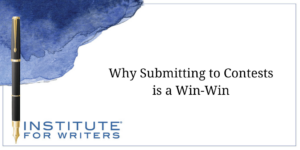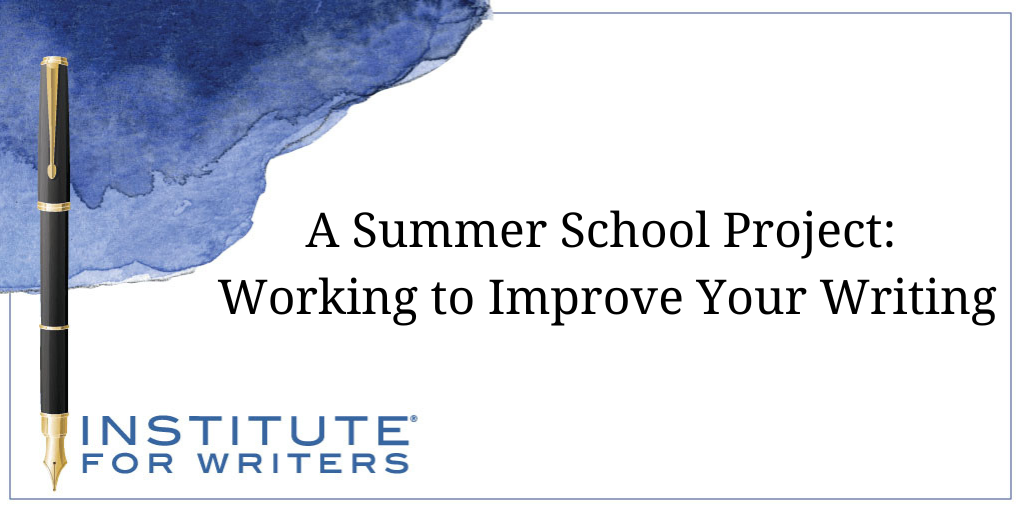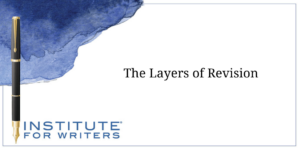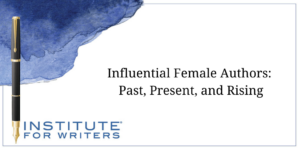
Why Submitting to Contests is a Win-Win
Should you enter a writing contest or not? If your writing rises to the top, you just might win a prize upwards of thousands of dollars if you’re lucky.

We teach our students how to write and get published!
View our Course Catalog >
Summer school is often thought of as an opportunity to squeeze in some extra work – a way to concentrate on particular areas in our life we want to improve. Our written work could benefit from this additional time, and you may decide to remediate specific areas of your writing in the summer months ahead.

Next, consider offering the manuscript to someone you know and trust and having them read it. Encourage that reader to talk with you about what they consider the strong and weak areas of your work. Make sure you listen and take some notes – there is no need to be defensive or second-guess their remarks.
These tend to be common areas cited as needing attention:
Remediating these problem areas takes hard work but is worth the time and effort. Here are some ways to make progress this summer:
As you work to improve your writing, remember that it can be helpful to have professional remediation to help you work on weak areas. Enrolling in a writing course and talking with your instructor about your challenges will often be the most effective way to see real progress in your manuscripts.
Susan Ludwig, MA has been an instructor with the Institute of Children’s Literature for over 17 years. Susan’s writing credits include teacher resource guides, English language learner books, and classroom curriculum for elementary through high school students. A former magazine editor, she assesses students’ written essays as a scoring director for the SAT exam. When she is not writing or working, she is usually found cooking or curled up with a good book.

Should you enter a writing contest or not? If your writing rises to the top, you just might win a prize upwards of thousands of dollars if you’re lucky.

To many, writing is revision, and most writers revise their manuscripts numerous times before they’ve shaped it into the best version that it can be.

We’re going to look at influential female authors of the past, those impacting the present, and whom the industry expects to make a big splash.
1000 N. West Street #1200, Wilmington, DE 19801
© 2024 Direct Learning Systems, Inc. All rights reserved.

1000 N. West Street #1200, Wilmington, DE 19801
© 2025 Direct Learning Systems, Inc. All rights reserved.

1000 N. West Street #1200, Wilmington, DE 19801
©2025 Direct Learning Systems, Inc. All rights reserved. Privacy Policy.
2 Comments